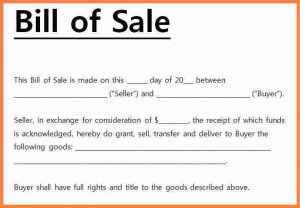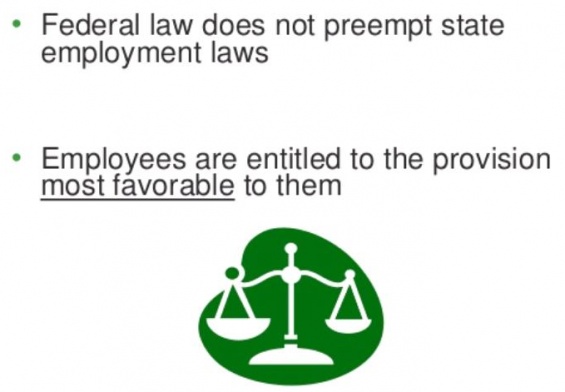When entering into business with any individual or organization, clear communication is key. No party wants to take legal action against another, but unfortunately, such action becomes the only form of recourse when business contracts and agreements are either not followed or simply don’t exist. Rather than entering into such trying predicaments, signing a contract at the beginning of a business deal can stave off unnecessary heartache in the long run. But for those new to business contracts, choosing the appropriate document can be a stressful task. With these simple definitions from a top business attorney in NJ, doing business and avoiding litigation will become a much more surmountable undertaking.
General Business Contracts. These types of contracts generally outline how a business is structured and managed, and how stakeholders are protected. Such contracts are often made available to stockholders in a company on an annual basis, so that investors know exactly what type of business they are putting their money into. The documents are often lengthy, however, and should be reviewed by a top business attorney who can ensure that the legal jargon throughout the contract is transparent, fair, and does not provide undue advantages to one of the contracting parties.
Sales-Related Contracts
Such contracts cover all aspects about how goods, services, and property are exchanged or sold. Title transfers and organizational contracts that lay out the terms and conditions of a sale or lease are also included in this category:
This type of contract marks the transfer of property or funds from one individual to another. In some cases, an agreement for the sale of goods will precede a bill of sale in order to place an object on hold or to freeze an agreed-upon price for the property. These types of contracts are initiated by a purchase order, which is the first offer a buyer makes to a seller. Such offers are often negotiable, and the final price reflected in the bill of sale.
Promissory Notes
Such contracts indicate that a buyer has agreed to pay a certain amount for a specified product or service. Depending on the conditions of the contract, the payee can provide funds for the product either before or after receiving the good or service. The promissory note will also include a date by which the final installment of payments will be completed.
Warranties
A warranty will allow sellers and buyers to be more comfortable with the sale, as both are fully aware of the seller’s responsibility to the product sold after a given period of time. The warranty will include conditions that could void a contract or necessitate the replacement of the good with funds or a new, equal product of the same value. A limited warranty generally follows the same conditions as a warranty, but ends after a given period of time or certain conditions have been met. Should a buyer need to take out a loan to buy or lease a product, the buyer may also have a security agreement, a contract between the buyer and lender that specifies the amount of funds loaned and the interest with which the buyer needs to pay back the loan.
Employment Contracts
These contracts legally protect a business by carefully documenting each aspect of the hiring and employment process. Such contracts, which can be supplied and verified by a New Jersey law firm that does contracts, protect a business from lawsuits and other adverse legal action that could affect the Better Business Bureau status of a company. Examples of employment contracts include but are not limited to:
Independent Contractor Agreements
After a top business attorney determines whether the relationship between both parties is that of employer / employee or employer / independent contractor, such a contract can be written for the two parties. An independent contractor agreement will outline the terms and conditions under which the contractor works, how he or she is compensated, and at what time and under what conditions the contract is terminated.
Noncompete Agreements
These agreements delineate how long an employee who leaves a company must wait before working for a competing business. This type of contract is most common in medical practices. Doctors often sign noncompete agreements so that when a doctor leaves, the company he or she worked for does not lose the clients that doctor brought to the practice.
Nondisclosure Agreements
Such an agreement will ensure that confidential information is protected, and that employees who make public such information can be prosecuted.
Leases. A contract to lease an item for a specified period of time typically falls into two categories: real estate property leases or equipment leases. Real estate property leases are contracts between landlords and businesses, wherein the owner of the property (the landlord) agrees to loan the property to a business or individual for a specified period of time given certain conditions and proof of payment. Equipment leases involve the same parties and conditions, but involve equipment rather than property. Individuals agreeing to lease an item or piece of property can find fair lease agreements from a New Jersey law firm that does contracts and can ensure the equitability of the lease transaction.
Though the general categories of business contracts are somewhat self-explanatory, the contracts themselves often require legal assistance to decipher them. Contact a top business attorney in your area or a New Jersey law firm that does contracts to ensure the contract you are creating or signing is reflective of the wishes of all parties involved.





